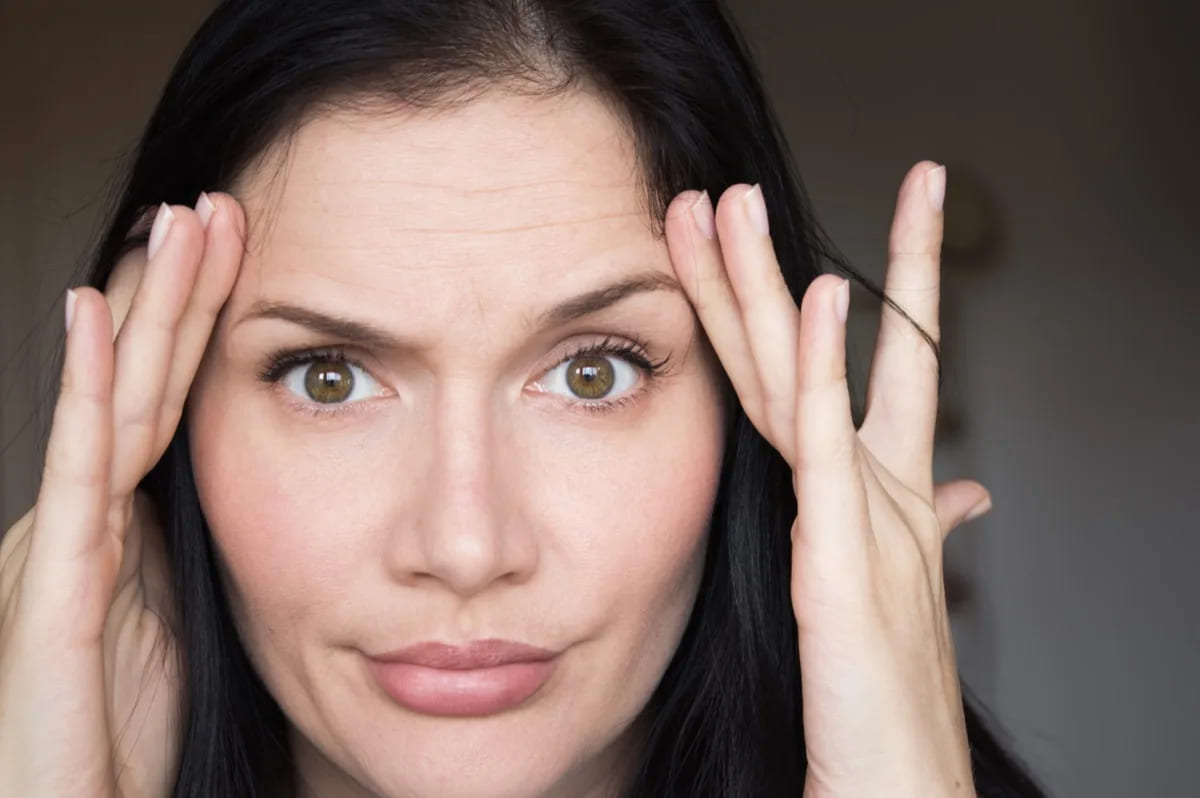‘Ozempic Face’ : What is it?
Ozempic medicine is prescribed for type 2 diabetes, several other people use this medicine as it helps people lose weight.
The hashtag Ozempic is trending on social media. Ozempic face is one of the side effects reported by users. Ozempic face describes the increased wrinkles or hollowing of the face that occurs when a person loses weight while taking Ozempic. A reduction of facial volume can give the face a gaunt appearance.
Dr. Alicia Shelly, a board-certified internal medicine/obesity medicine physician at the Wellstar Douglasville Medical Center in Douglasville, Georgia, explained how Ozempic works by increasing the hormone glucagon-like peptide-1, which slows down our digestion and makes us feel full. This will result in eating smaller portions and reducing cravings.
The medicine is injected weekly into the thigh, arms, or stomach.
We can assist if you are taking any medications for wrinkles and it doesn’t work for you. We can alter the form and quantity of the components of the required medicine. Call Allaymeds.

What is the cause of the Ozempic face?
According to Dr. Silvana Obici, Chief of Endocrinology and Metabolism Division at Stony Brook Medicine, any weight loss results in the loss of fat tissue from the face, especially when it is significant (15 or > 20% of body weight). That’s why people who lose weight may look aged.
According to the American Academy of Dermatology Association, facial fillers are one way to restore lost fullness. There are various types of fillers, some of which last a few months while others are permanent. Fillers could be an option for your sagging or gaunt face after losing weight.
Other adverse effects of Ozempic
The most common side effects of GLP-1 based therapies are nausea, vomiting, diarrhea, abdominal pain, and constipation.
According to Dr. Chris Damman, MD, Gastroenterologist and Supergut Chief Medical Officer, Clinical Associate Professor of Gastroenterology & Medicine at the University of Washington, rashes and itching at the site of injection are rare side effects.
Do you gain weight back when you stop taking Ozempic?
A lack of lifestyle modifications can lead to weight gain. Foods containing natural GLP-1 stimulators are advised.
According to Dr. Damman, you may gain weight after stopping Ozempic. Consuming a healthy diet with natural GLP-1 stimulators is a complementary method to maximize and maintain metabolic health. Several food components that are under-consumed as a result of food processing, such as healthy unsaturated fats, potassium, and prebiotic fibers, are natural stimulants.
People who took similar medications like Wegovy also gained back the weight.
Shelly explained as obesity is a chronic disease you can gain weight when you stop taking your medication. Studies indicate that individuals do regain weight.

How to keep a healthy weight?
Diet is an important component according to doctors. Increasing whole foods and supplementing processed foods with prebiotic fibers such as resistant starch and beta-glucan will reduce blood sugar spikes following meals and regulate appetite, according to Damman.
Medication is just a component that helps in weight loss. Dr. Shelly says that after stopping the medication, you can still maintain your weight by continuing your healthy habits (exercise and a healthy diet).
